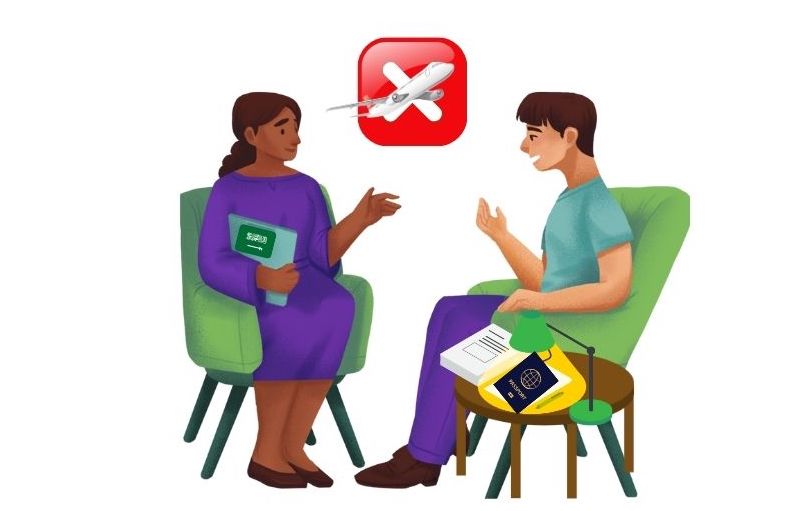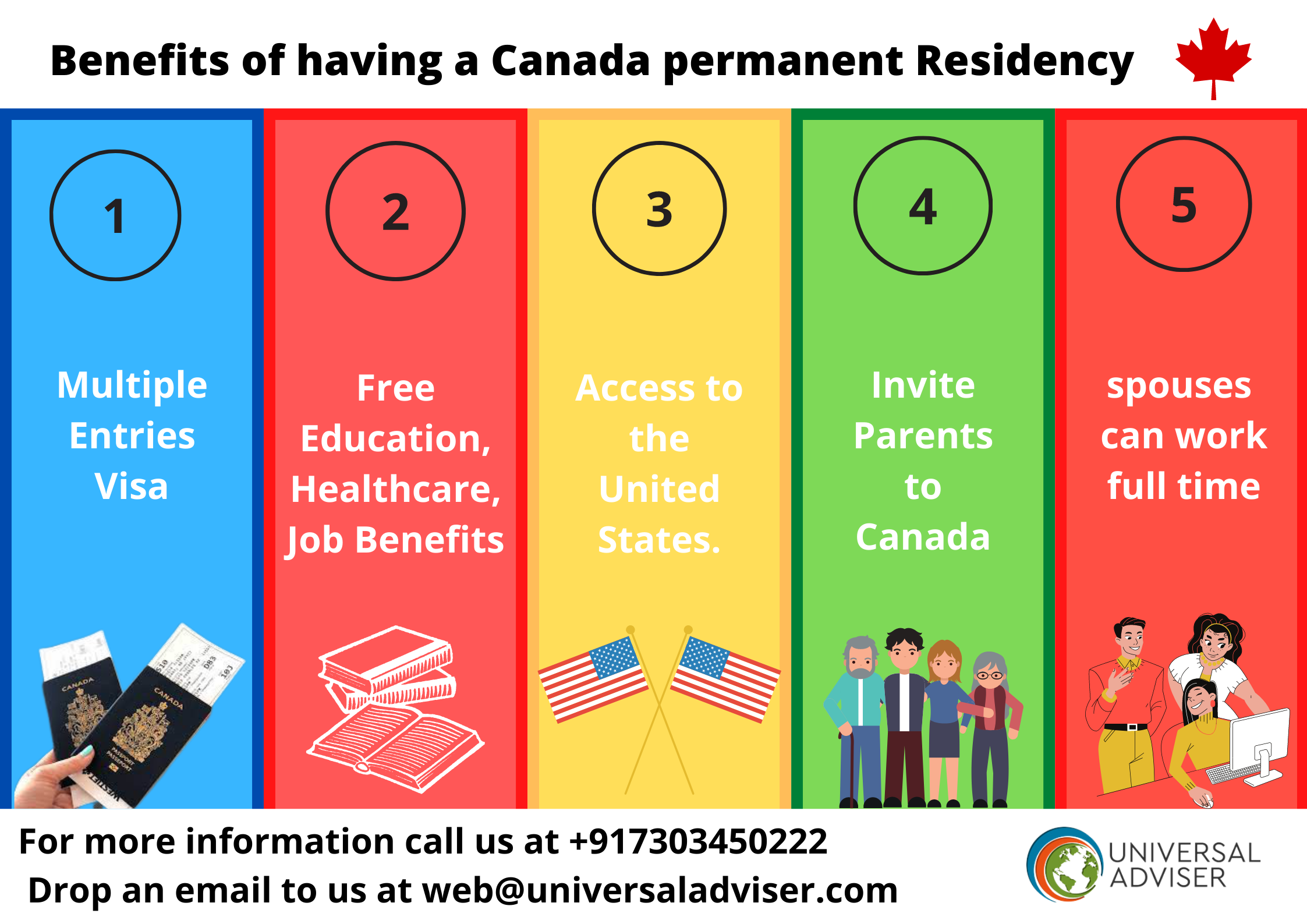Obtaining a Saudi visa is a significant step for anyone looking to visit, work, or undertake religious pilgrimages to the Kingdom. SAUDI VISA REJECTED However, visa applications are sometimes rejected for various reasons, leaving applicants in a challenging situation. Understanding the common causes of visa rejection, how to avoid them, and the steps to take if your Saudi visa is denied can help you manage the process more effectively. This article explores the reasons behind Saudi visa rejections, how to minimize the chances of rejection, and the next steps to take if your visa application is refused.
Common Reasons for Saudi Visa Rejection
Visa rejections for Saudi Arabia can occur for a variety of reasons, depending on the specific circumstances of the applicant’s situation. Here are some of the most common reasons why a Saudi visa might be rejected:
Incomplete or Incorrect Documentation: One of the most frequent causes of rejection is failing to provide the necessary documents or submitting incorrect information. This could include missing supporting documents, such as invitation letters, financial statements, or a valid passport. Providing inaccurate or falsified information will also lead to rejection. Previous Immigration Violations: If you have previously overstayed your visa or violated the terms of a previous visa in Saudi Arabia, your application may be rejected. Saudi authorities maintain strict records of immigration violations, and a history of non-compliance can negatively affect your chances of being approved for a new visa.
Criminal Record: A criminal record or background check issues can also lead to a rejection. If the authorities discover that you have a criminal history, particularly for serious offenses, your visa application may be denied based on security concerns. Insufficient Financial Proof: For some visa types, such as tourist or business visas, applicants must provide proof of sufficient funds to cover the expenses during their stay in Saudi Arabia. If the financial proof is inadequate or inconsistent, the visa application may be rejected. Unqualified Purpose of Visit: If the purpose of your visit is not clearly supported by the documentation you provide, your visa may be rejected. For instance, a tourist visa application may be rejected if the applicant cannot show sufficient evidence of travel plans, such as hotel reservations or itinerary details. Similarly, a business visa may be rejected if the company in Saudi Arabia fails to provide an invitation letter.
How to Avoid Saudi Visa Rejection
To increase your chances of a successful Saudi visa application, it’s crucial to follow the guidelines and ensure that all requirements are met. Here are some tips to help avoid visa rejection: Ensure All Documents Are Complete and Accurate: Double-check that all required documents are provided and that they meet the specifications outlined by the Saudi embassy or consulate. If you’re unsure about the requirements, consult with the embassy or a visa agency. Be Honest and Transparent: Always provide truthful and accurate information on your visa application. Falsifying information or submitting fake documents can result in not only rejection but also potential legal consequences. Provide Proof of Sufficient Funds: If you’re applying for a tourist or business visa, ensure that your financial documents, such as bank statements or sponsorship letters, clearly demonstrate that you have enough funds to cover your stay in Saudi Arabia. Clarify the Purpose of Your Visit: Make sure that the purpose of your visit is clearly stated and supported with appropriate documentation. If you’re applying for a tourist visa, provide details about your travel itinerary, hotel bookings, and any planned activities. For a business visa, include a formal invitation from a Saudi company. Check for Previous Immigration Violations: Before applying, review your travel history, especially concerning Saudi Arabia. If you have had past immigration violations, such as overstaying a visa or illegal entry, work on resolving these issues before applying for a new visa.
Steps to Take After Saudi Visa Rejection
If your Saudi visa application is rejected, it’s important to remain calm and take appropriate steps to address the situation. Here are some actions to consider: Understand the Reason for Rejection: If you are unsure why your visa was rejected, contact the Saudi embassy or consulate where you applied to request specific feedback. Understanding the reason for rejection will help you avoid the same mistakes in the future. Reapply After Addressing the Issue: If the rejection was due to missing or incorrect information, rectify the issue and reapply. Make sure to provide all the required documents and correct any errors that led to the initial rejection. Seek Professional Assistance: If you’re struggling to understand why your visa was rejected or how to address the problem, consider seeking assistance from a visa consultant or legal expert specializing in Saudi visas. SAUDI VISA FOR SWISS CITIZENS They can help guide you through the process and ensure your application is complete and accurate.
Impact of Saudi Visa Rejection on Future Applications
A rejected Saudi visa can have a long-term impact on your ability to obtain visas in the future. Here’s what to expect: Increased Scrutiny on Future Applications: If your visa application is rejected, your future applications may be subject to greater scrutiny. It may take longer for your visa to be processed, and you may be asked to provide additional documentation or explanations for the previous rejection. Longer Processing Times: After a rejection, you may face longer processing times for future applications as the Saudi authorities review your case more carefully. Possible Impact on Multiple-Entry Visas: A rejection could affect your chances of obtaining a multiple-entry visa in the future, as it may raise concerns about your intent to abide by visa conditions.
What to Do If You Are Denied Entry to Saudi Arabia
If you’ve already received a Saudi visa but are denied entry upon arrival, take the following steps:Ask for a Reason: If you are denied entry, politely ask the border authorities to explain why. In some cases, this might be due to an issue with your documents or a misunderstanding that can be resolved Appeal the Decision: In some cases, you may have the option to appeal the entry decision. The appeal process typically involves contacting the Saudi immigration authorities to review the decisionFollow Official Procedures: If you’re denied entry, follow the official procedures and cooperate with the immigration officers. Trying to force entry or contest the decision could result in deportation or a permanent ban. In conclusion, while a Saudi visa rejection can be frustrating, understanding the reasons behind the denial and taking the necessary steps to avoid mistakes in future applications can increase your chances of success. Whether dealing with a rejected application or a denied entry, being proactive and following the appropriate procedures will help you navigate the situation more effectively.



